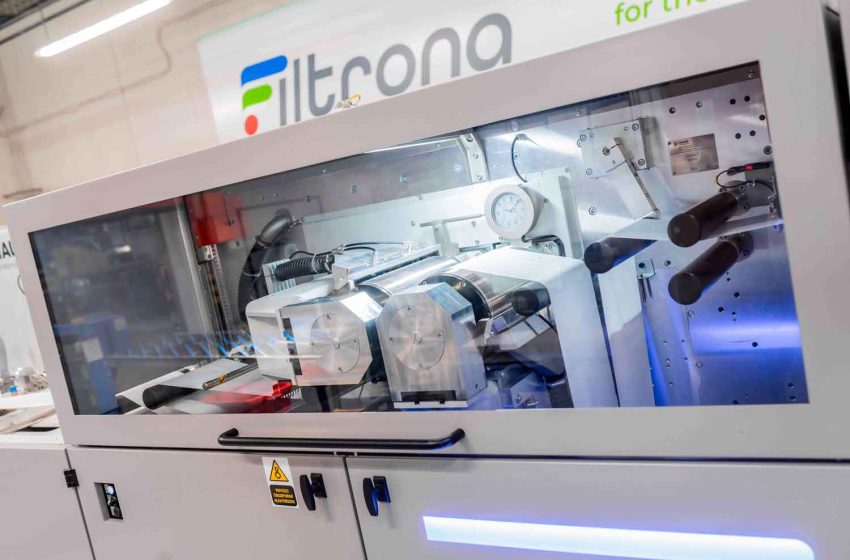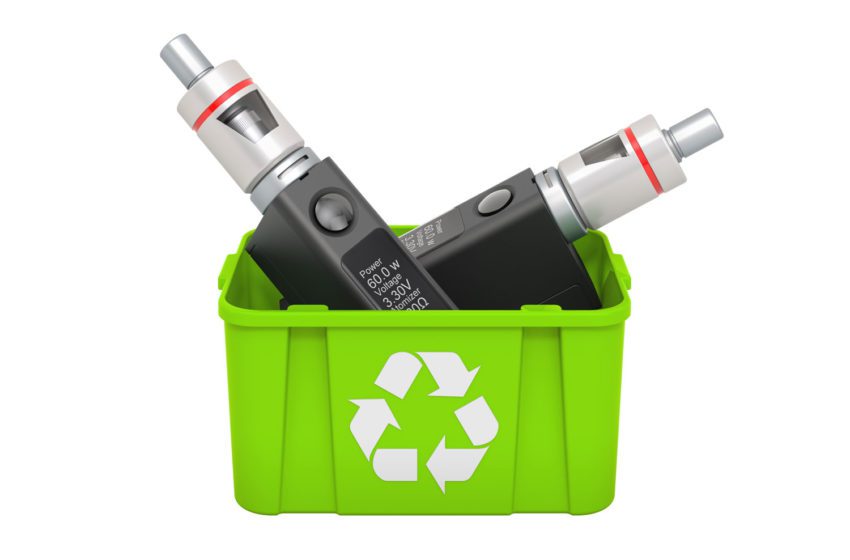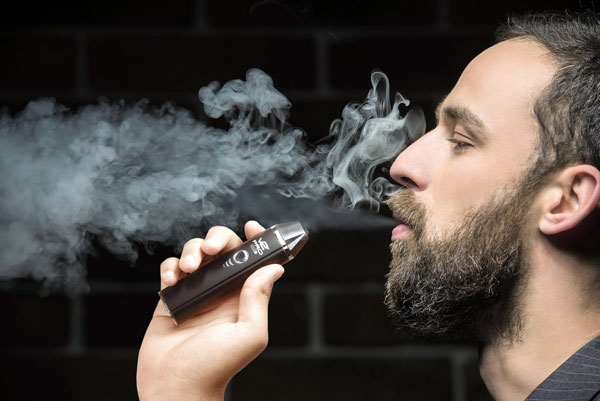The multinational will establish a new factory in Pecs, according to Minister of Foreign Affairs and Trade Peter Szijjarto. Read More
Tags :hungary
The proposals could hinder smokers in transitioning away from combustibles, say critics. Read More
Based in Budapest, the facility enables customers to develop sustainable products.Read More
The tax increase is reportedly necessary because the EU minimum tax is set in euros.Read More
Authorities seized nearly 23 million unsealed cigarettes that arrived by plane from Dubai.Read More
The facility can recycle 150,000 electric tobacco devices a month, according to PMI.Read More
The country has failed to raise the tax to minimum EU levels, says EU Court. Read More
Bad weather and Covid-19 have negatively affected the most recent tobacco crop. Read More
EU top Court allows government's progressive tobacco tax system to continue.Read More
People who switch completely from smoking to vaping are significantly more likely to report experiencing health improvements than those who vape while continuing to smoke.Read More










